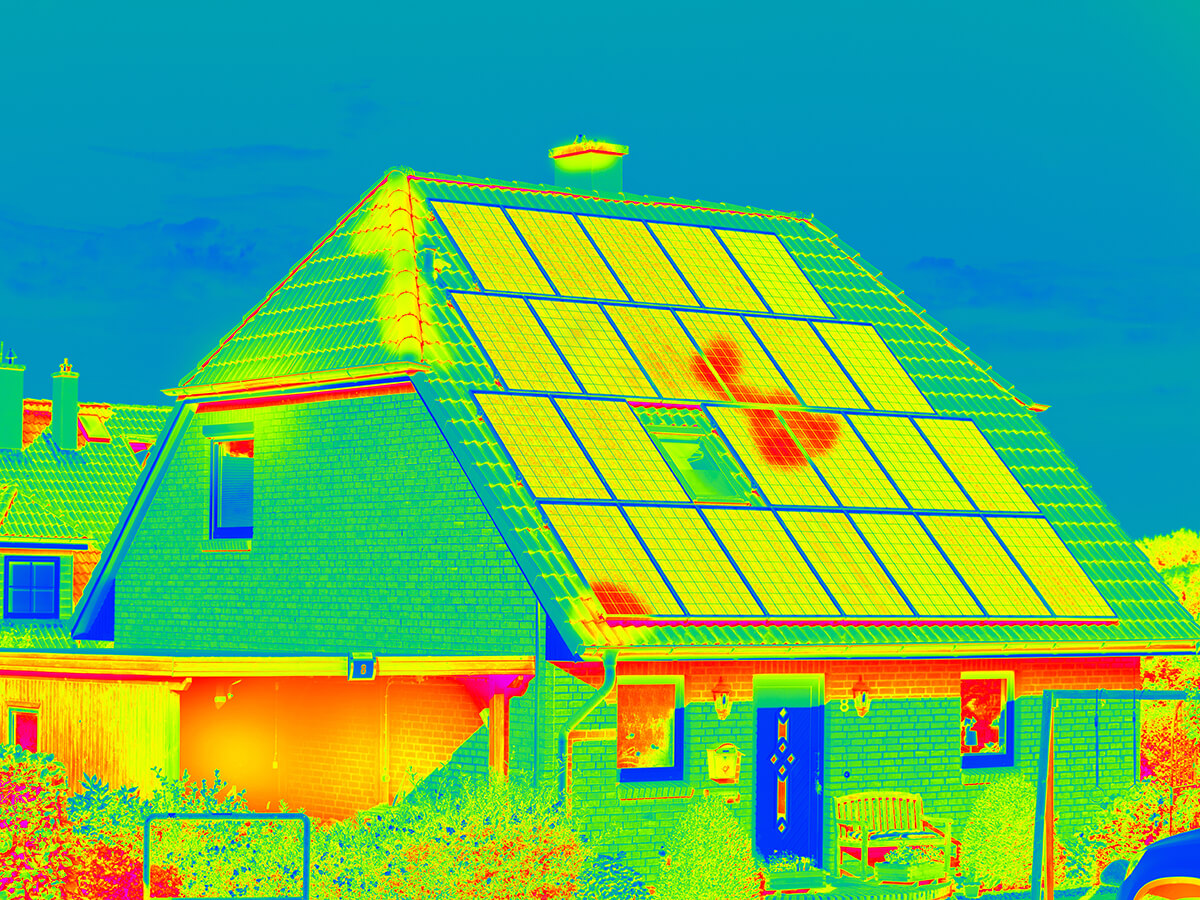Solar Thermal
Solar Thermal
Solar thermal technology harnesses the power of the sun to generate heat for various applications. It is a renewable energy solution that converts solar radiation into usable thermal energy, such as hot water, steam, or even electricity. The technology behind solar thermal systems is based on capturing and utilizing the heat from sunlight rather than directly converting it into electricity like photovoltaic (PV) solar panels.
The fundamental components of a solar thermal system include solar collectors, a heat transfer medium (such as water or heat transfer fluid), storage tanks, and a distribution system. Solar collectors, typically mounted on rooftops or open areas, absorb sunlight and convert it into heat. The collected heat is then transferred to the heat transfer medium, which carries it to storage tanks for later use or to an immediate application.
There are different types of solar collectors used in solar thermal systems, including flat-plate collectors and evacuated tube collectors. Flat-plate collectors consist of a dark absorber plate covered with a transparent cover to trap the heat. Evacuated tube collectors, on the other hand, have a row of glass tubes, each containing an absorber plate. The tubes are sealed to create a vacuum, minimizing heat loss.

About Us
Join us in embracing the power of solar thermal energy and taking a significant step towards a sustainable and eco-friendly future. We can provide you the best options for Solar thermal systems,
Our team of experienced professionals brings together expertise in engineering, design, and installation to deliver high-quality solar thermal solutions tailored to meet the unique needs of our clients. We work closely with homeowners, businesses, and institutions to assess their energy requirements, design customized systems, and ensure seamless integration into their existing heating infrastructure.
Through our innovative solar thermal systems, we aim to reduce dependence on conventional energy sources, lower carbon emissions, and contribute to a greener future. Our cutting-edge technology and industry-leading components ensure optimal performance and long-term reliability, enabling our customers to enjoy the benefits of clean, renewable energy. Contact us today to learn more about our solar thermal systems and how they can benefit you.

FAQs

